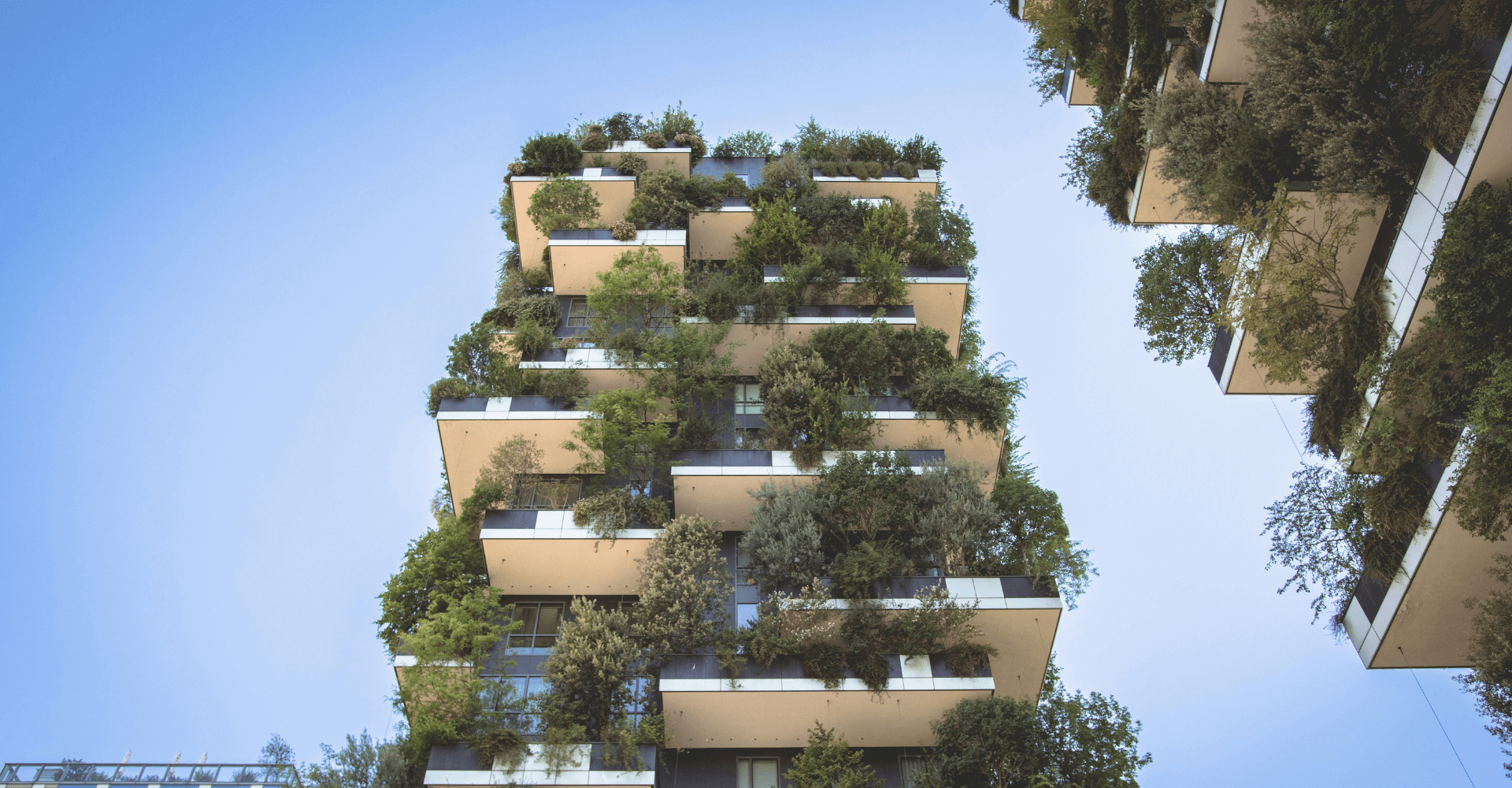The benefits of forward planning are essential to industries across all sectors. The obvious is ensuring regular cash flow and cost-efficient practices. However, forward planning helps companies to implement a strategy that works best for their business and to maximise the time and resources consumed to execute their objectives. With that in mind, we thought it was prudent to reference the significant changes to building regulations that came into effect on 15 June 2022 and the necessary planning that needs to be considered.
That’s yesterday's news, you may be thinking, and you would be partly correct. The changes are aimed at improving the energy efficiency of buildings to help the country move towards its targets for Net Zeo by 2050. To see it in a narrower sense, Net Zero simply means to reduce the net greenhouse gas emission to zero.
Essentially, what this means is that the Government wants to reduce our current carbon emissions, and with real estate construction being a major contributor, developers want to stand up and be counted. This is to whet your appetite as to the relevance of this article. More changes will be coming in 2025 to make buildings more energy efficient, but these measures are an interim gap until then.
What’s happening in 2025?
The future of property development is set to change for the better. It needs to fall in line with the government guidelines of ensuring that all new homes built from 2025 must produce 75-80% fewer carbon emissions. To help facilitate the groundwork for the Standards posed, the government introduced major Building Regulations changes in June 2022, with new homes in England now needing to produce around 30% fewer carbon emissions compared to the old regulations.
Ahead of the Standard coming into effect, a technical specification will be consulted on in 2023 by the Department for Levelling Up, Housing and Communities (DLUHC), with the necessary legislation introduced in 2024, ahead of implementation in 2025.
What does it all mean & how do we achieve that?
To achieve Net Zero, not only companies but also the wider public must get involved. We, as a combination of cutting-edge tech and industry-leading services to optimise the real estate process & digitalisation ambassadors, must align our business interests with those of society and initiatives to become defenders of a better tomorrow. We see carbon not as a limitation, but as an adaptation for our clients, the property developers, to build and innovate positive growth.
What we know!
We do not possess a crystal ball or have the supreme intelligence to predict the future but what we do know is over the years, sustainability has become an essential aim for any business, where sectors have to be mindful of their environmental consciousness. One of the main sectors that are seeking to include a societal goal that broadly relates to the ability of people to safely co-exist on earth over a long time and tackle climate change is, of course, our industry, the property market.
The emissions from homes are so high due to a combination of gas central heating and poor insulation, meaning heat easily leaks out of homes which then requires even more energy to keep them relatively warm. Hence, property developers have implemented plans to introduce many energy-efficient assets to homes such as low-carbon heating, solar panels, smart meters, and LED lighting. Properties that are built from 2020 until 2025 will still have gas boilers installed but there are plans in motion to replace these with a low-carbon alternative.
This has also been tricked down to landlords who are also mindful of what is to come. Some have provisionally or have made plans to make their properties more energy efficient. They are well-versed in the introduction of the more sustainable products we have highlighted.
In closing, and perhaps the most thought-provoking, the green agenda has now become a noteworthy consideration for all businesses covering the property and mortgage sector. They are now exploring and looking at the broader impact of their respective business model and their contribution to the environment and climate change. The message here is that we at Navian are working alongside property developers to ensure that future generations can benefit from better homes and more sustainable living conditions.
Foto von Milica Spasojevic auf Unsplash




